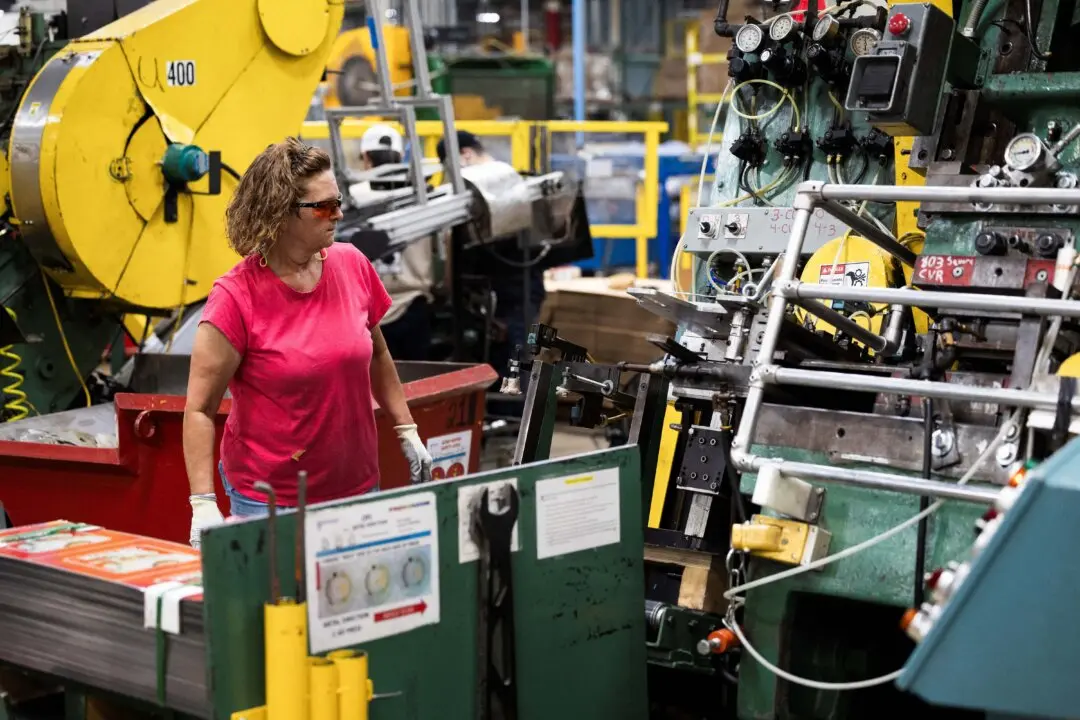With the issue of Social Security expected to be a big issue in the 2024 presidential election, a new survey shows that the vast majority of Americans aged 50 and over are worried that Social Security will run out of money within their lifetime.
Ten years ago, 66 percent of U.S. adults above the age of 50 worried that Social Security would run dry within their lifetime, according to the Nationwide Retirement Institute, which has been polling Americans annually about their perceptions of and concerns about the Social Security system.





